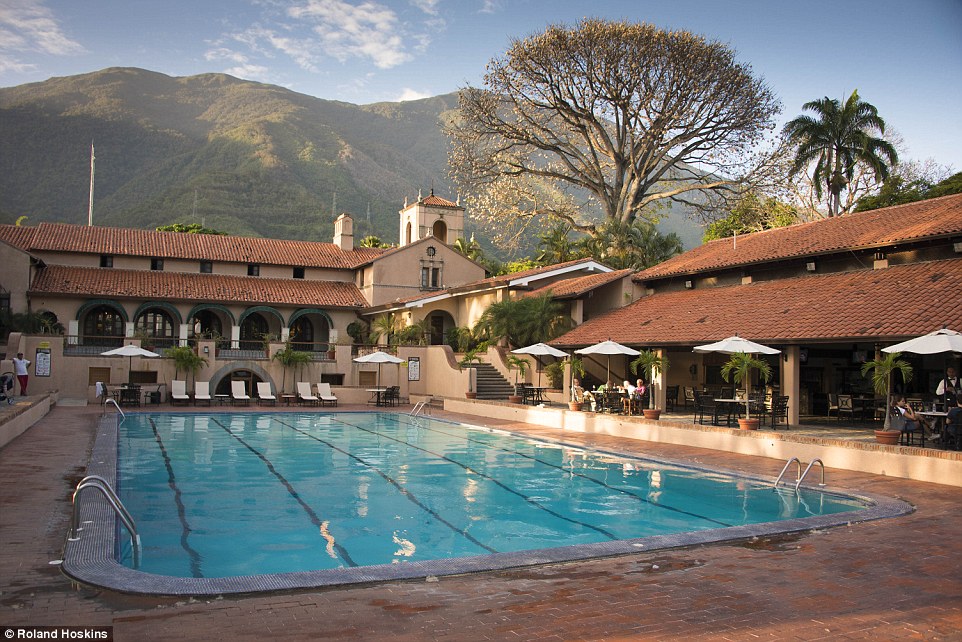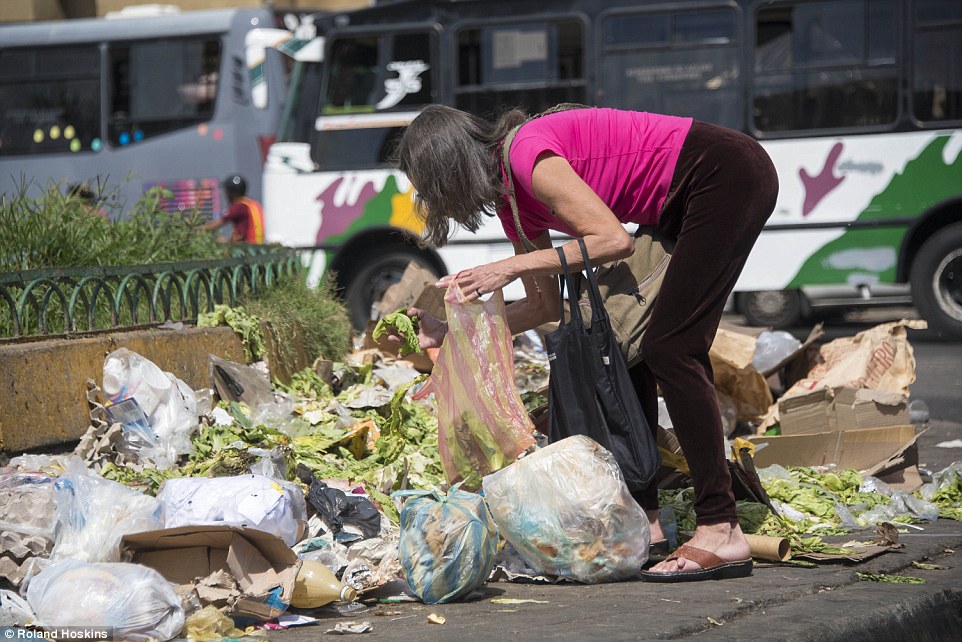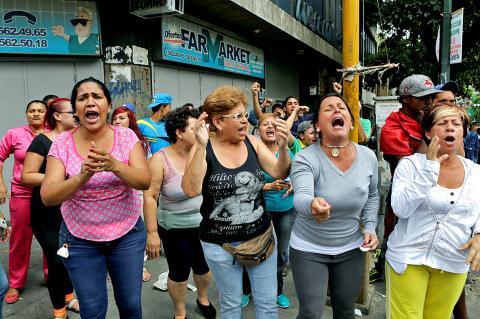With delivery trucks under constant attack, food in Venezuela is now transported under armed guard. Soldiers stand watch over bakeries. The police fire rubber bullets at desperate mobs storming grocery stores, pharmacies and butcher shops. A four-year-old girl was shot to death as street gangs fought over food. Venezuela is convulsing from hunger. Hundreds of people in the city of Cumana, home to one of the region’s independence heroes, marched on a supermarket in recent days, screaming for food. They forced open a large metal gate and poured inside. They snatched water, flour, cornmeal, salt, sugar, potatoes, anything they could find, leaving behind only broken freezers and overturned shelves. And they showed that even in a country with the largest oil reserves in the world, it is possible for people to riot because there is not enough food.
In the past two weeks alone, more than 50 food riots, protests and mass looting have erupted around the nation. Scores of businesses have been stripped bare or destroyed. At least five people have been killed. This is precisely the Venezuela its leaders vowed to prevent. In one of the nation’s worst moments, riots spread from Caracas, the capital, in 1989, leaving hundreds dead at the hands of security forces. Known as the “Caracazo,” or the “Caracas clash,” they were set off by low oil prices, cuts in subsidies and a population that was suddenly impoverished. The event seared the memory of a future president, Hugo Chavez, who said the nation’s inability to provide for its people, and the state’s repression of the uprising, were the reasons Venezuela needed a socialist revolution. Now his successors find themselves in a similar bind — or maybe even worse.
People shout at Venezuelan National Guards, not pictured, during riots for food in Caracas, Venezuela
The nation is anxiously searching for ways to feed itself. The economic collapse of recent years has left it unable to produce enough food on its own or import what it needs from abroad. Cities have been militarized under an emergency decree from Venezuelan President Nicolas Maduro, the man Chavez picked to carry on with his revolution before he died three years ago. “If there is no food, there will be more riots,” said Raibelis Henriquez, 19, who waited all day for bread in Cumana, where at least 22 businesses were attacked in a single day last week. However, while the riots and clashes punctuate the country with alarm, it is the hunger that remains the constant source of unease. A staggering 87 percent of Venezuelans say they do not have money to buy enough food, the most recent assessment of living standards by Simon Bolivar University found.
About 72 percent of monthly wages are being spent just to buy food, according to the Center for Documentation and Social Analysis, a research group associated with the Venezuelan Teachers Federation. In April, it found that a family would need the equivalent of 16 minimum-wage salaries to properly feed itself. Ask people in this city when they last ate a meal, and many will respond that it was not today. Economists say years of economic mismanagement — worsened by low prices for oil, the nation’s main source of revenue — have shattered the food supply. Sugar fields in the country’s agricultural center lie fallow for lack of fertilizers. Unused machinery rots in shuttered state-owned factories. Staples like corn and rice, once exported, now must be imported and arrive in amounts that do not meet the need.
MORE


